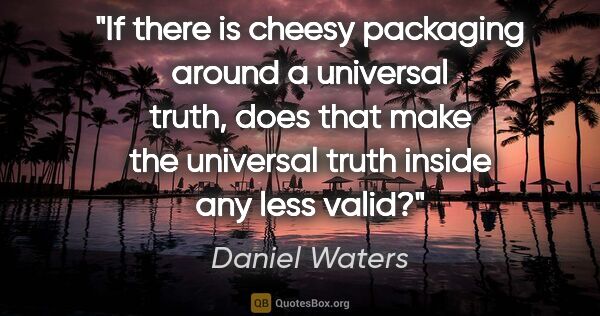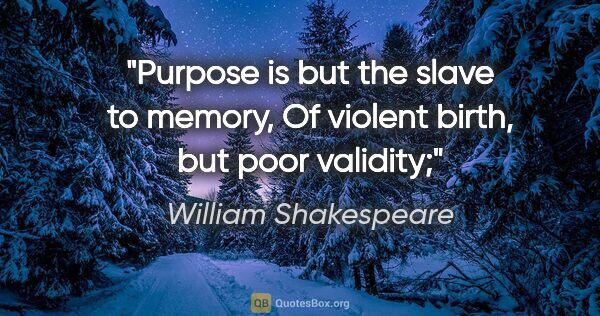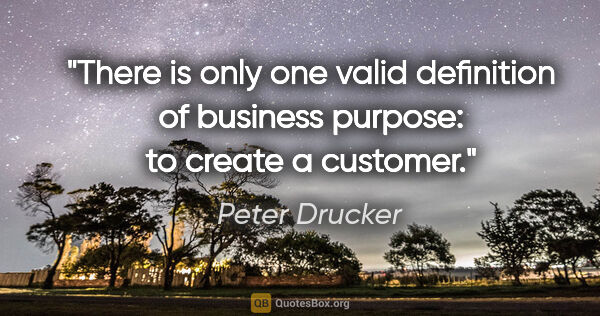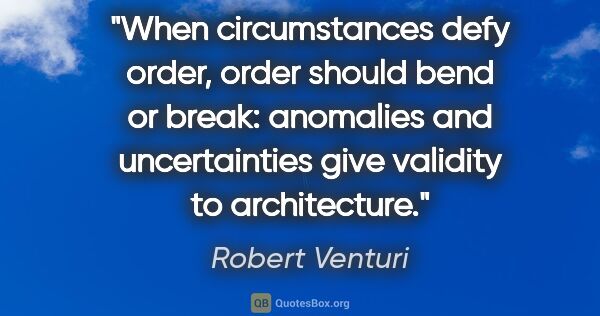Validate Quotes (page 4)
If you’re only sceptical, then no new ideas make it through to you. You never learn anything. You become a crochety misanthrope convinced that nonsense is ruling the world. (There is, of course, much data to support you.) Since major discoveries in the borderlines of science are rare, experience will tend to confirm your grumpiness. But every now and then a new idea turns out to be on the mark, valid and wonderful. If you’re too resolutely and uncompromisingly sceptical, you’re going to miss...
Carl Sagan
The poet must not only write the poem but must scrutinize the world intensely, or anyway that part of the world he or she has taken for subject. If the poem is thin, it is likely so not because the poet does not know enough words, but because he or she has not stood long enough among the flowers--has not seen them in any fresh, exciting, and valid way.
Mary Oliver
No government has the right to decide on the truth of scientific principles, nor to prescribe in any way the character of the questions investigated. Neither may a government determine the aesthetic value of artistic creations, nor limit the forms of literacy or artistic expression. Nor should it pronounce on the validity of economic, historic, religious, or philosophical doctrines. Instead it has a duty to its citizens to maintain the freedom, to let those citizens contribute to the further...
Richard P. Feynman
Now all my tales are based on the fundemental premise that common human laws and interests and emotions have no validity or significance in the vast cosmos-at-large.... To achieve the essence of real externality, whether of time or space or dimension, one must forget that such things as organic life, good and evil, love and hate, and all such local attributes of a negligible and temporary race called mankind, have any existence at all.
H. P. Lovecraft

A belief in the validity of the acquisition of knowledge and a scientific understanding of the world we live in, the creation and appreciation of aesthetic phenomena in all their many forms, and the broadening and deepening of our range of experiences in day-to-day living, is rapidly becoming the 'religion' of our time.
Desmond Morris




